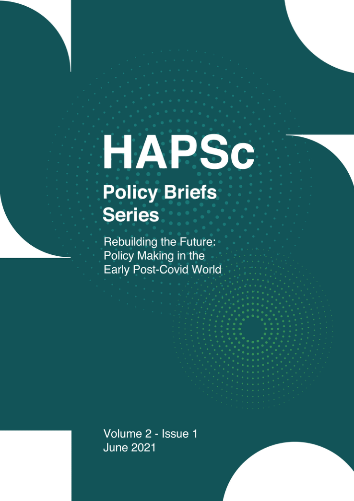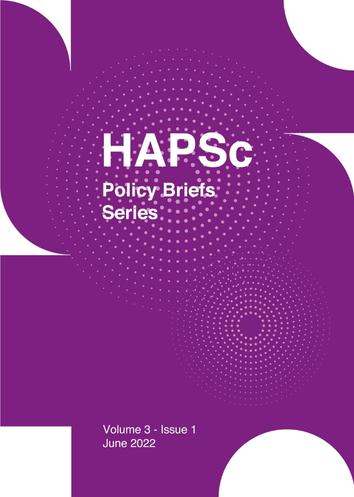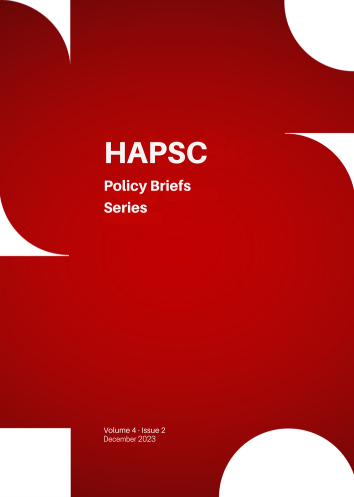The EU Political Framework for SDGs 2030 and its Implications to Greece in Political CSR and Development Activities
Resumen
Business innovation, job creation, environmental sustainability and good governance are fundamental issues for sustainable development (SD) in European Union (EU). SD and policy making in EU is vital for Sustainable Development Goals (SDGs) fulfillment by 2030, especially if we take into account the asymmetries and the need of cohesion among member states including Greece. The lack of cohesion and the asymmetries indicate the necessity of a horizontal harmonization. Despite the fact that is not a policy topic such as defense or foreign policy which are quite high at national policy agendas, it is a topic that can bring member states together and increase cohesion, according to nonfunctional perspectives. Moreover, the fact that SDGs are based on 17 Goals and numerous indicators provides a significant opportunity for hybrid policy instruments and realms that associated with poverty, good governance and corporate citizenship. What is also interesting is that EU has a policy plan since 2016 as well member states and regions. The aim of this paper is to further examine the European policy framework for SDGs 2030 with a special reference to Corporate Social Responsibility (CSR) policy making process in Greece. In particular, this paper has a special emphasis on sectors such as tourism, in order to seek the relationship between CSR and SD in policy planning by 2030 (e.g. European Regional Development Fund). Tourism as a policy field is based on a twofold analysis from state initiatives towards development (protocols, infrastructures, regulations) and private sector responsible entrepreneurship. Therefore, it is an interesting field of political analysis because it tests the state’s adaptation in international challenges (e.g. climate change, unemployment, poverty, COVID-19), whilst at the same time is linked with business sector activities and development planning.
Article Details
- Cómo citar
-
Taliouris, E., & Trihas, N. (2021). The EU Political Framework for SDGs 2030 and its Implications to Greece in Political CSR and Development Activities. HAPSc Policy Briefs Series, 2(1), 175–181. https://doi.org/10.12681/hapscpbs.27674
- Sección
- Articles

Esta obra está bajo una licencia internacional Creative Commons Atribución 4.0.
Authors retain copyright and grant the journal right of first publication with the work simultaneously licensed under a Creative Commons Attribution License that allows others to share the work with an acknowledgement of the work's authorship and initial publication in this journal.




